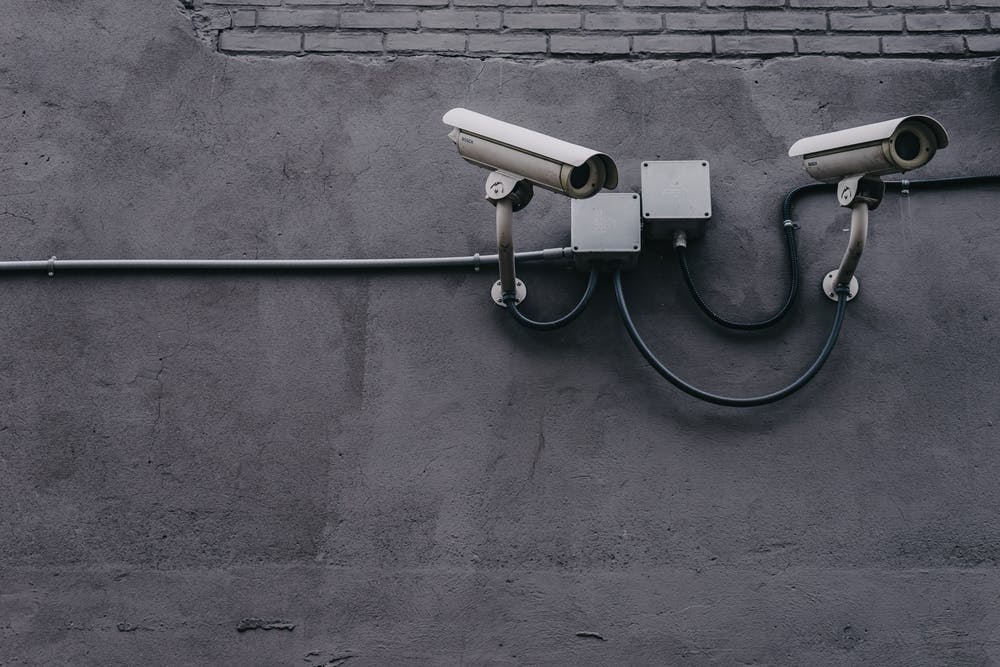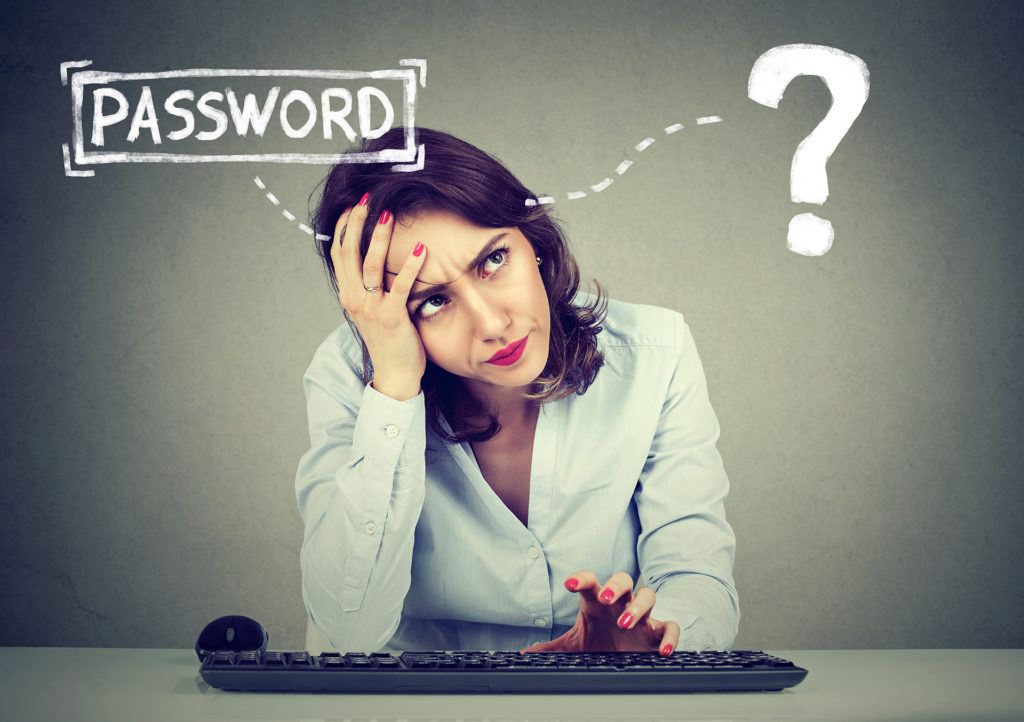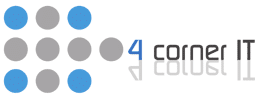Early Preparation for the 2019 Hurricane

It is a great idea that everyone has a good plan in place for the upcoming 2019 hurricane to protect their IT systems. We understand the massive damages that hurricanes can do when it gets us unprepared. Below are some steps you can follow in preparation for a hurricane: Property check – Ensure your property […]
Six Steps of a Cyber Security Assessment

Cyber security risk assessment is an essential element of any information security program. As the technology landscape continues to evolve, your company needs to take appropriate steps to make sure your data isn’t vulnerable to potential threats. A great resource for conducting risk assessments is the U.S. Department of Commerce National Institute of Standards and […]
Building a Solid Cyber Security Foundation – 6 Essential IT Security Services

As with any well-built system, effective cyber security begins with building a solid security foundation. Without thoughtful attention to building a good foundation, a business will remain vulnerable to hacks and breaches until they finally decide to face cyber security issues head on. Assessment When first addressing an issue, one must first assess all the […]
The Newest Extortion Scams Are Using Your Own Passwords as Bait

Internet scams have become more and more sophisticated. Thus, extortion scammers have found a new piece of bait by which to hook internet users. The bait is their old passwords. These extortion schemes often claim that someone has the person’s compromising information. Then they say are happy to help get that information back if the […]
The Marriott Breach – We Now Know Everything

Consumers and many employers suffered a significant blow with the massive data breach recently revealed by Marriott International Hotels. Their hacked data included personal information from nearly half a billion guests. Marriott’s reservation system for their Starwood line of hotels exposed personal data including guest names, passport numbers, phone numbers, email and mailing addresses, along […]

